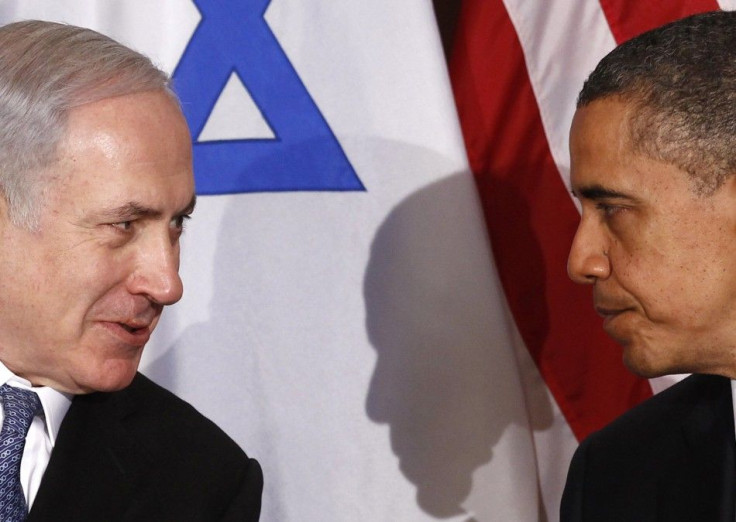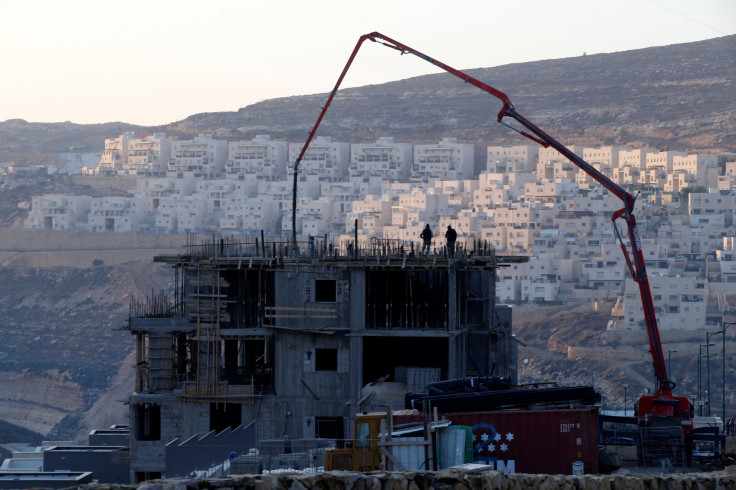US-Israel Relations 2016: UN Settlement Resolution Is Latest Obama-Netanyahu Rift

In the days leading up to Friday's United Nations vote over Israel ceasing "all settlement activities in the occupied Palestinian territory, including East Jerusalem," President Barack Obama faced significant pressure. His soon-to-be successor, President-elect Donald Trump, as well as a number of U.S. and Israeli politicians from various political backgrounds, especially conservatives, lobbied for a pro-Israel vote.
But the U.N. passed the resolution, condemning Israel for constructing settlements on Palestinian land. Israel's biggest ally, the U.S., abstained from voting altogether.
Israeli Prime Minister Benjamin Netanyahu accused Obama of conspiring with Palestinians outside of direct peace talks, which broke down in 2014 over the issue of Israel's construction of settlements beyond its internationally recognized borders.
"Contrary to some claims, the administration was not involved in formulating the resolution nor have we promoted it," an unnamed U.S. official told Reuters.
Obama has drawn criticism from the Israeli leader before. Most notably, Netanyahu slammed Washington's efforts to spearhead a landmark multilateral treaty known as the Joint Comprehensive Plan of Action between the P5+1, a group consisting of the five permanent security council members and Germany, and Iran. Israel argued Iran could present an existential threat. Obama and a number of his allies skipped out when Netanyahu visited Washington in an attempt to dissuade lawmakers from approving the deal.
Despite their public spouts, Obama has routinely reassured U.S. security commitments to Tel Aviv. Israel was set to a receive a record $38 billion over the next 10 years in U.S. military assistance as part of a deal signed in September. Friday's resolution, sponsored by Egypt and ultimately approved by all other security council members, marked a departure from previous years when the U.S. vetoed similar bills condemning Israel's behavior.
The resolution was originally scheduled for a Thursday vote, but was delayed after Israeli pressure. In response to the U.N. text, a senior Israeli official said there was "zero chance" Tel Aviv would abide by the international resolution.

© Copyright IBTimes 2024. All rights reserved.






















